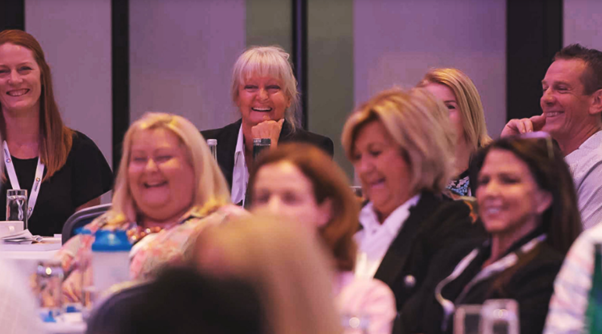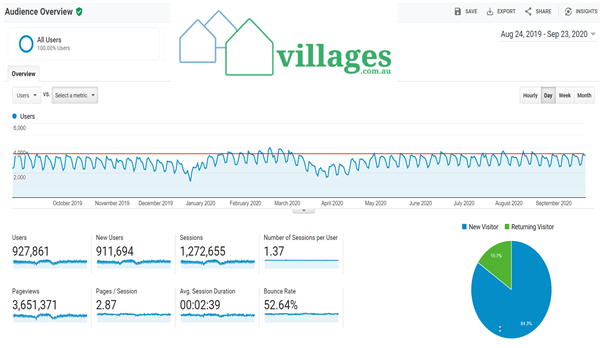We all have to be on our guard about mental health.
This month our DCMI webinar series finished with our speaker Samantha Young from Human Psychology, talking about supporting your team in crisis.
Sam tells us a recent survey, prior to the pandemic, found 20% of workers were experiencing a mental health challenge. However, when their leaders were surveyed they were unaware of this.
2020 has seen our sector challenged in many very different ways – whether it was the fires of the New Year, the pre-winter floods or the all-encompassing COVID-19 pandemic.
We all have been stretched out of our comfort zones in many cases on many occasions. This includes our teams. But there may be a crisis a team member is dealing with that we have not yet become aware of.
Another great insight Sam shared: “Mental health is a continuum with mental illness at one end and mental wellbeing at the other. Individuals can go back and forth on this continuum depending on the many influences in our life and not only the perceived crisis that we experience as a community.”

Leadership, can be a lonely, isolating and stressful place. This is particularly true for village professionals who are constantly people facing, on call – some 24/7, sometimes caught in the middle, the first responder to emergency, the problem solver and often the person who has to deal with a large workload for long periods.
So, there is no surprise that BURNOUT is common amongst village professionals.
Sam shared some great tips for reducing the existence of BURNOUT:

- Good foundations – Diet, Exercise and Sleep
- Reframing our thinking patterns to focus on the FACT and not the STORY we might be telling ourselves
- Scheduling of regular downtime – leave, breaks, think time and social time
- Reducing habits that may inhibit progress – excessive email and phone checking
- Identify what indicators present themselves when beginning to feel yourself spiralling
- Building a tool kit of responses in the event you feel a change in your mental health, such as asking for help, tactical breathing and priority identifying.
Thanks Sam!







